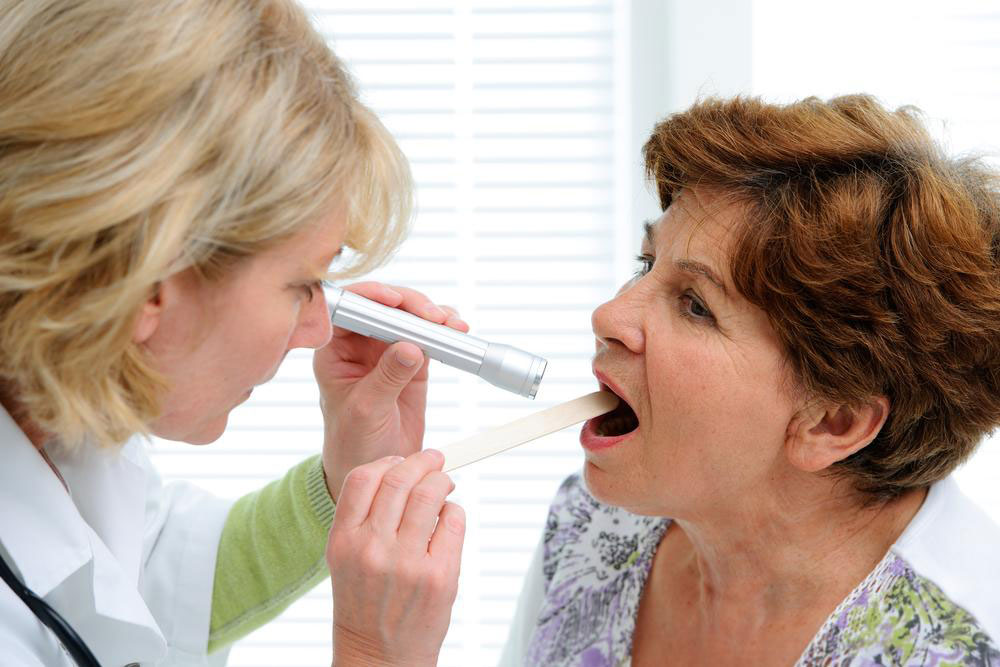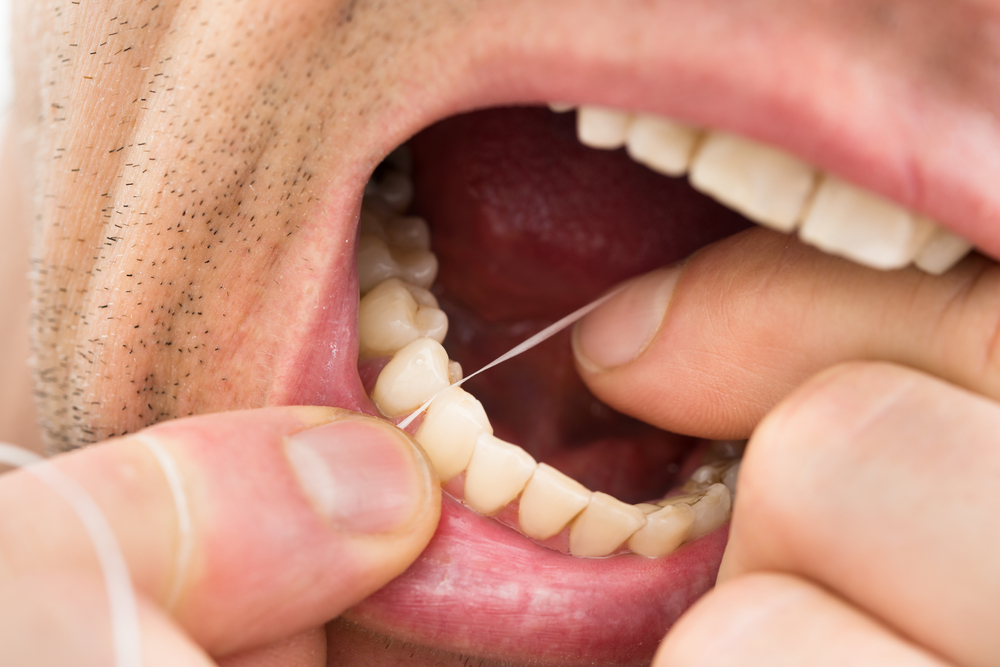Effective Home Strategies for Managing Tongue Bumps and Ensuring Oral Health
This comprehensive guide provides useful home remedies and tips for managing tongue bumps and swelling. It highlights common causes, effective treatments like saltwater rinses, and when to seek medical help. Maintaining good oral hygiene and proper hydration are emphasized for faster healing and preventing future issues. Learn how to care for your tongue and keep your mouth healthy with expert advice and practical strategies.

The human tongue is a vital organ, not only for tasting and swallowing but also for speech and overall oral health. Its surface is characterized by numerous small bumps called papillae, which are essential for detecting taste and temperature. These bumps contribute to the tongue's rough texture, aiding in the sensation of different flavors and temperatures. Normally, these papillae are tiny and harmless, but issues arise when they become swollen or inflamed, leading to discomfort, pain, or visible changes. Understanding the causes of tongue bumps and knowing effective home remedies can significantly improve comfort and promote faster healing.
Small bumps on the tongue are usually a normal part of its anatomy, serving important functions. However, swelling, irritation, or excessive bumps can be indicative of underlying issues such as minor injuries, allergic reactions, infections, or more serious health conditions. When these bumps swell, they may resemble pimples, blisters, or white patches. Such symptoms can sometimes indicate viral illnesses like herpes, allergic responses to certain foods or substances, or even more severe conditions such as oral cancers. Recognizing these signs early and taking appropriate measures can prevent complications and facilitate recovery.
This comprehensive guide explores common causes of swollen tongue bumps, effective home remedies, and when to seek professional medical advice. Whether your tongue bump results from accidental biting, burns, allergies, or infections, there are various strategies you can implement at home to reduce inflammation and promote healing. These methods are simple, cost-effective, and can be easily incorporated into your daily routine to ensure optimal oral health and comfort.
Understanding the Causes of Swollen Tongue Bumps
Identifying the root cause of tongue bumps is essential for effective treatment. Common causes include:
Trauma or Injury: Accidentally biting or burning the tongue can cause swelling, irritation, and bumps. Sharp foods or hot beverages often lead to minor injuries.
Allergic Reactions: Allergies to certain foods, dental products, or medications can manifest as swollen bumps or sores on the tongue.
Viral and Bacterial Infections: Conditions like herpes simplex virus cause blisters and ulcers, while bacterial infections can lead to abscesses or inflammation.
Oral Thrush and Fungal Infections: Fungal overgrowths can cause white patches and bumps that are painful and persistent.
Systemic Conditions: Diseases such as vitamin deficiencies, autoimmune disorders, or oral cancer may present with persistent bumps or lesions.
Home Remedies for Minor Tongue Bumps and Swelling
If you notice mild swelling or bumps on your tongue, several home remedies can help ease discomfort and speed up recovery. These methods are safe and easy to implement, but always consult a healthcare professional if symptoms persist or worsen.
Saltwater Rinse
One of the most effective and natural remedies for oral irritation is rinsing with saltwater. The salt helps reduce inflammation, promotes healing, and prevents infection. To prepare a saltwater rinse, dissolve half a teaspoon of sea salt in a cup of warm water. Gently gargle or swish the solution in your mouth for about 30 seconds, focusing on the affected area. Repeat this process two to three times a day, especially after meals, to maintain oral health and reduce swelling.
Stay Well-Hydrated
Hydration plays a crucial role in the healing process. Drinking plenty of water helps keep your mouth moist, flushes out toxins, and reduces inflammation. Aim to consume at least eight glasses of water daily. Proper hydration not only alleviates discomfort but also supports the immune system in fighting off infections that could contribute to tongue bumps.
Practice Good Oral Hygiene
Maintaining excellent oral hygiene is vital when dealing with tongue bumps. Brush your teeth at least twice daily with a soft-bristled toothbrush to avoid irritating sensitive tissues. Floss regularly to remove food particles and plaque. Consider rinsing with natural mouthwashes made from essential oils such as peppermint, lavender, or tea tree oil, which have antimicrobial properties. These practices help prevent bacterial buildup, reduce inflammation, and promote faster healing of bumps and irritation.
Avoid Irritating Foods
Certain foods can exacerbate tongue swelling and delay healing. Spicy, acidic, and processed foods can irritate sensitive oral tissues and should be avoided during the healing process. Instead, opt for soft, bland foods such as yogurt, mashed potatoes, and bananas. Staying away from crunchy or salty foods minimizes mechanical irritation and prevents further inflammation.
When to Seek Medical Help
While most minor tongue bumps resolve naturally within a few days with home treatment, persistent or worsening symptoms warrant professional medical evaluation. Seek immediate medical attention if you experience:
Severe pain or swelling that impairs swallowing or breathing
Bumps that persist longer than two weeks
Signs of infection, such as pus, fever, or foul taste
Unexplained bleeding or ulceration
Difficulty speaking or opening your mouth
In some cases, underlying health conditions like oral cancer require prompt diagnosis and specialized treatment. Regular dental checkups can help detect any abnormal changes early, ensuring better treatment outcomes.
Preventive Measures for Healthy Tongue and Oral Hygiene
Maintaining good oral hygiene and adopting preventive practices are essential for avoiding tongue bumps and other oral health issues. Regular brushing, flossing, and using mouthwash contribute significantly. Avoiding known allergens and avoiding damage from hot foods or sharp-edged objects can prevent injuries. Routine dental visits allow for early detection and management of any oral anomalies, leading to better overall oral health.
Conclusion
Swollen bumps on the tongue are a common concern that can often be managed with simple home remedies. Recognizing the causes, applying effective treatments like saltwater rinses, maintaining good hydration, and keeping up with oral hygiene can significantly reduce discomfort and promote healing. However, if symptoms persist or worsen, seeking prompt medical attention is crucial for proper diagnosis and treatment. Prioritizing oral health and practicing preventive measures can help keep your tongue healthy, comfortable, and free from bothersome bumps.





